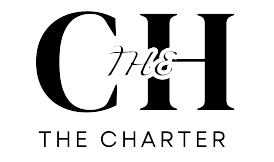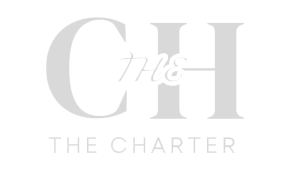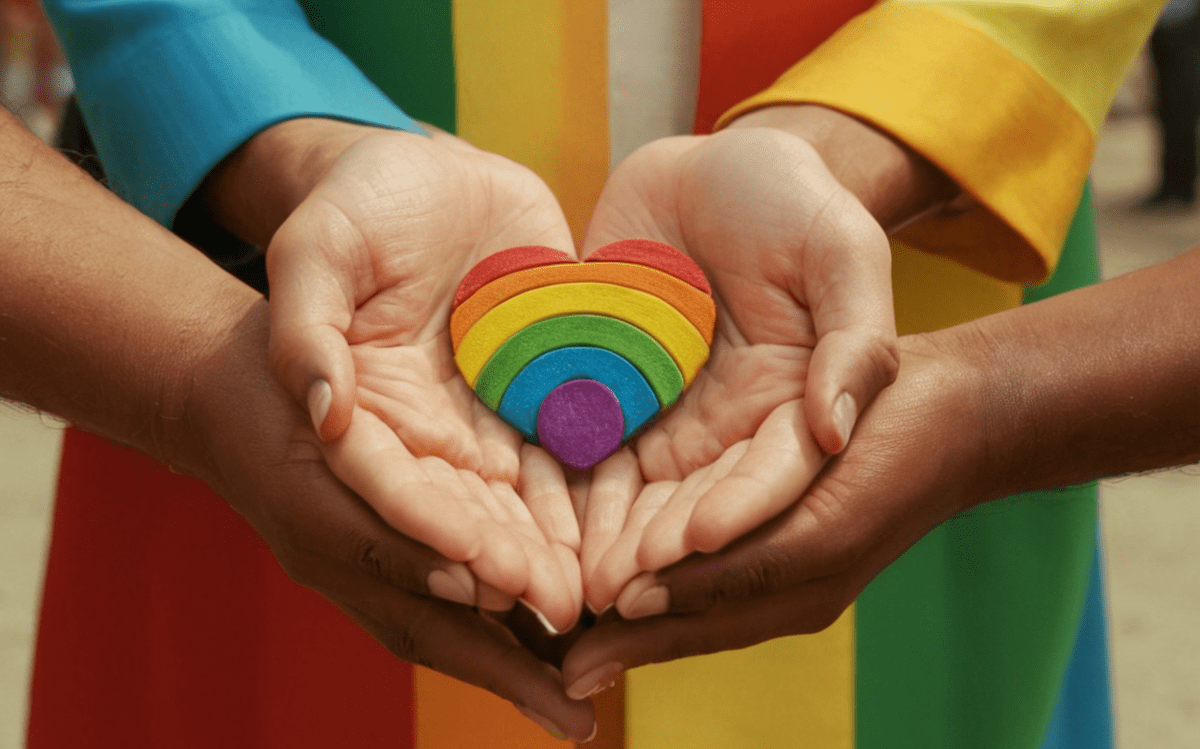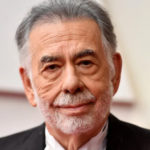This May 17th marks the World Day Against Homophobia, Biphobia, and Transphobia, coinciding with Pride weekend. To commemorate this occasion, Le Mug delves into the history of the LGBTQIA+ movement with Chille Deman, a contributor to the richly documented and illustrated book “Pride in the City: A History of LGBTQI+ Struggles” published by CFC. Deman is one of the co-founders and former president of Pride.
“Pride” symbolizes the act of openly affirming one’s sexual or gender identity without fear. The LGBTQIA+ movement has seen rapid progress, and Deman, a founding member of Brussels Pride, recalls that this event, less than thirty years old, wasn’t always as widely attended or accepted as it is today. “The first large-scale Pride in Brussels was in 1996. In Belgium, the earliest gatherings were in Antwerp in 1979. There were subsequent editions in Ghent and, later, in Brussels. The movement was much more developed in the Flemish region than in the French-speaking part. The fight against the Church’s influence was much stronger in Flanders than in Wallonia, and this is where the gay movement took root. Then there was a long pause in the 1980s during the AIDS crisis.”
Organizing the First Large-Scale Pride in Brussels
The first Brussels Pride in 1996 attracted 4,500 people. While this number may seem small, it was revolutionary at the time to openly display one’s homosexuality in public. Achieving this visibility required political approval. The authorized route avoided busy areas, and the event was scheduled for Sunday rather than Saturday to minimize exposure. In the early 1990s, the movement was still underground and tolerated rather than supported.
“Some people were afraid to come to Pride because if they were filmed or recognized, they would automatically be labeled as gay, and they didn’t want that,” Deman recounts. “Others came, but wore masks.”
Brussels Pride has since become an annual event, attracting hundreds of thousands of people seeking a festive atmosphere. Deman has been recognized for his contributions to the queer movement and was named an honorary citizen of Brussels.







